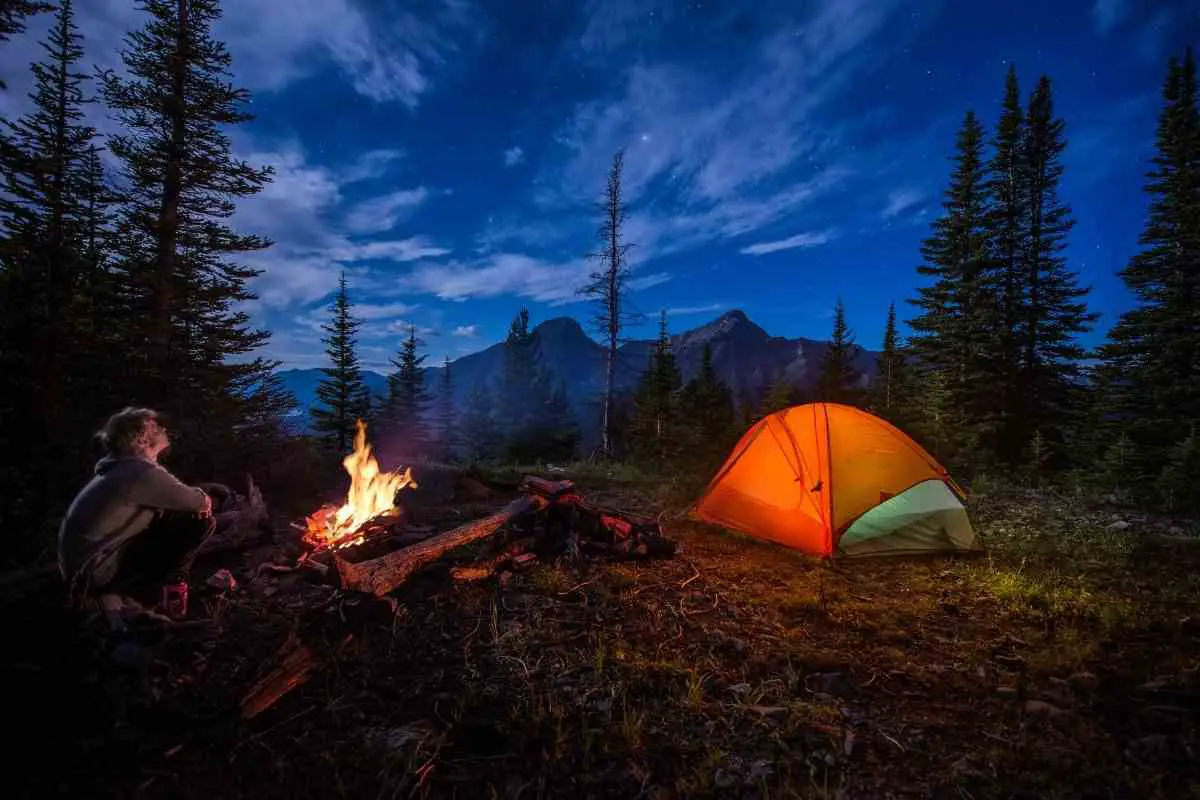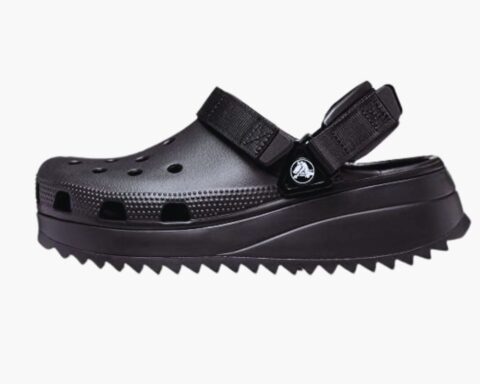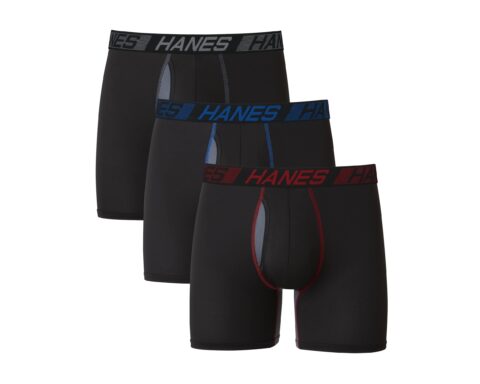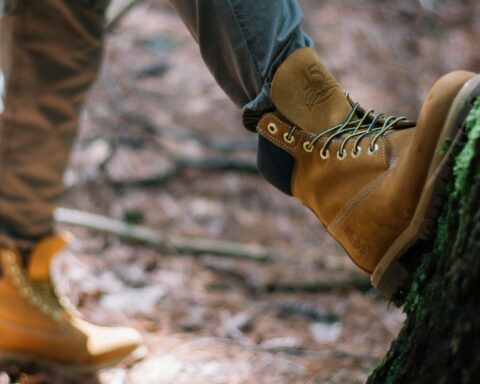In case you have never been on an overnight hiking trip before, deciding what essential items to bring can be challenging. And, based on your particular circumstances, the needs will differ significantly.
An overnight hiking checklist is something that even skilled hikers make sure to have when preparing for their hiking trips.
This way, they can make sure that they have packed all the necessary things for their trip and are ready to explore nature without any limitations.
What does an overnight hiking checklist include? Keep reading below to find out!
Clothes
The majority of what you must take with you in terms of apparel will be determined by the season and the weather conditions at the time of your hiking trip.
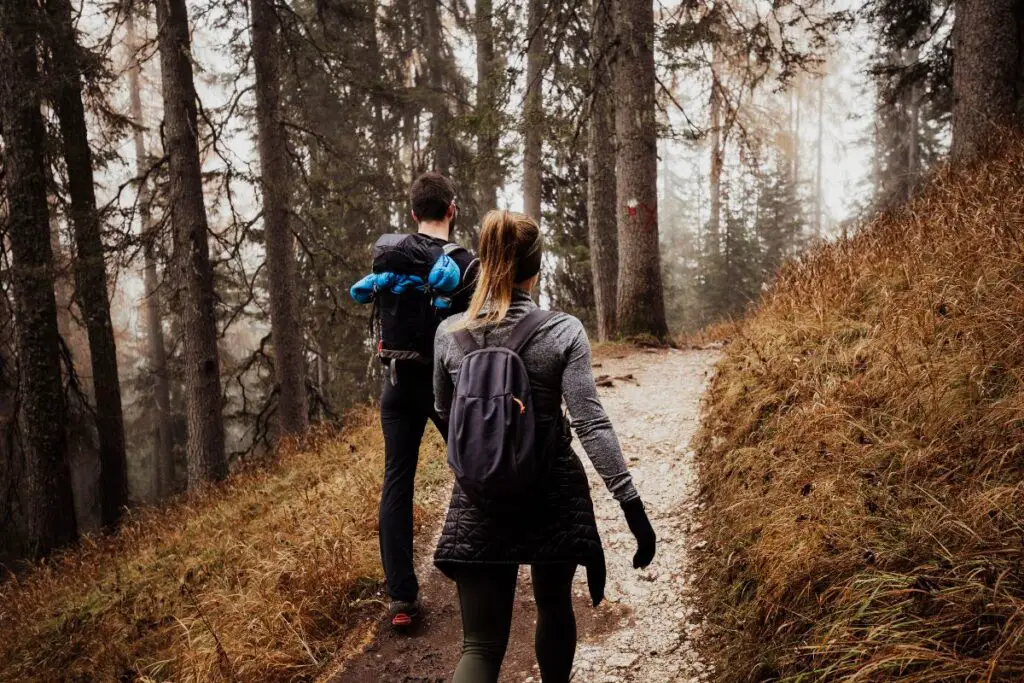
However, the temperature drops during nighttime, regardless of where you are in the world.
Especially when you are planning to camp by the ocean or in the backcountry, it can get quite chilly, and after a long day of hiking, you don’t want to stay up because you are cold.
While getting your warm jumper might work, it’s better to layer up; adding layers of clothes on you and or taking them off when you feel warmer is better than going all in and then sweating on a warmer night.
Any shop that specializes in recreational activities in nature offers a wide range of brands and competitive prices to select from.
For the foundation layer (top and bottom) choose long undies made out of polypropylene as they will be both light and warm.
For the middle layer, go for a material that is light yet offers thermal insulation.
The final layer could include a light fleece hoodie and any pants that feel best on you for hiking trips covering long distances, or something thicker if the temperature is lower.
Make sure to carry an additional pair of socks as wet and sweaty feet can easily derail a hiking trip.
Gloves out of Thinsulate, sunglasses, and a cap or hat are also highly recommended, with your cap being thick enough to keep you warm and keep from suffering from sunstroke.
Shelter
Lying and watching the stars when camping in the backcountry or on the beach is wonderful whenever it is possible.
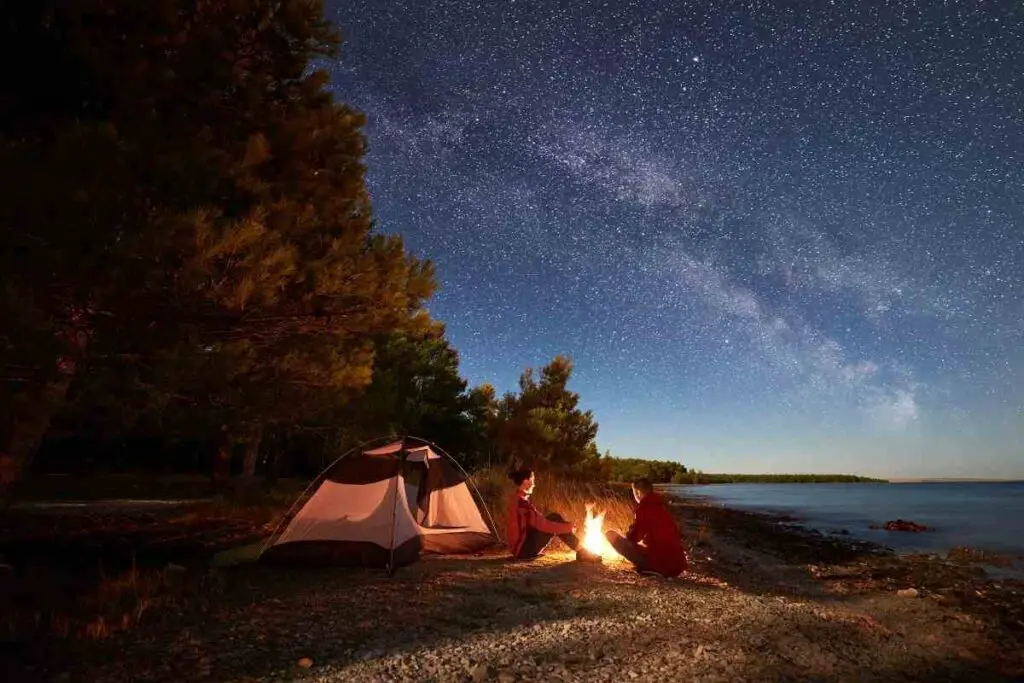
However, more frequently than not, you will require some type of protection from the weather and the bugs.
That is why you will need:
- A collapsible shelter, such as a tent or tarp. If you decide to camp in a place where bugs are an issue, keep in mind that your tent will need to be equipped with a decent insect netting system.
- A sleeping mat: single, double, foam, or self-inflating, depending on the number of people camping, your budget, and your needs.
- A sleeping bag.
Supplies
Hiking for hours and days in a row burns a significant number of calories, which must be replaced with lots of nutritious food.
Many individuals need to consume hot food, and yet lots of other people prefer raw or prepackaged, cold food like protein bars, sandwiches, beef jerky, or fruits, especially during short overnight stays.
Instead of packing a random mix of food products, thoughtfully prepare all your meals, as you will want and need to consume more calories than you believe.
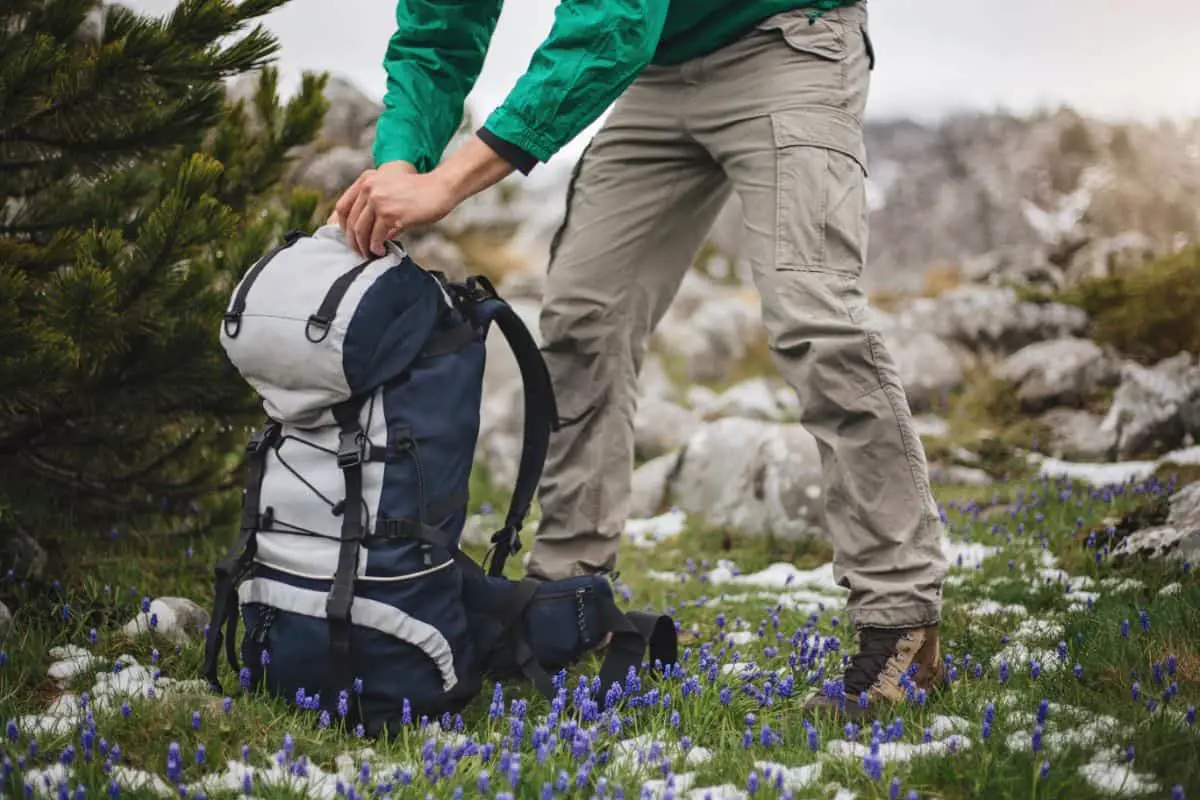
Numerous seasoned hikers prefer hot food at the beginning and the end of their day and choose to have cold meals or smaller, simpler snacks throughout the day.
This way, they can keep walking without the need to sit after a heavy meal.
Below are some examples that should work just fine for most people:
- For every 24 hours spent on the trail, bring one cooked, warm/hot meal, one cold meal or snack to have for lunch, and a portion of hot food for dinner.
Of course, don’t forget about the utensils (a ‘spork’ is the best option).
Numerous outdoor supply retailers sell ready-to-eat options that are ideal for long outings, like noodles or protein oats. All you need to do is add some hot water and the food will be ‘instantly’ cooked.
While you can carry some Tupperware for a one-night stay, if you are staying for more, make sure to get a bowl or plate to eat from, and a pan or pot for cooking.
With that, you will also need a backpacking stove and some fuel.
For an overnight hiking trip, drinking lots of water is much more vital than staying fed.
You have two choices:
- carry all of the water you’ll require in some type of container
- or bring a water filtration system or purifier that makes it possible to consume water from the lakes or stream waters nearby
Other Essentials
These goods aren’t necessarily life-or-death essentials, but you’ll be amazed by how important several of these will be for your overnight hiking.
When you’re getting bitten by bugs while hillwalking in the forest, bug repellant will appear to be crucial. The same goes for sunscreen, biodegradable toilet paper, and soap.
A shovel for keeping your ‘business’ tucked away is also good, and so are any sanitary products women might require.
A headlamp, an extra battery pack, and a torch are also practical, and so are a sharp knife, a power bank for your phone, and a first-aid kit.
The Bottom Line
This overnight hiking checklist is what you need to get ready for your upcoming hiking trip. However, your specific circumstances will determine the exact equipment you will need to take with you.
Are you planning on traveling by yourself or with others? Are you backpacking on roadsides and other traces of society, or in the real wilderness?
Are there any potentially deadly creatures in the region, or are mosquitoes the cruelest ones you’re going to face?
Once you answer all these questions, you can include or skip carrying some of the things from this list in your backpack.
